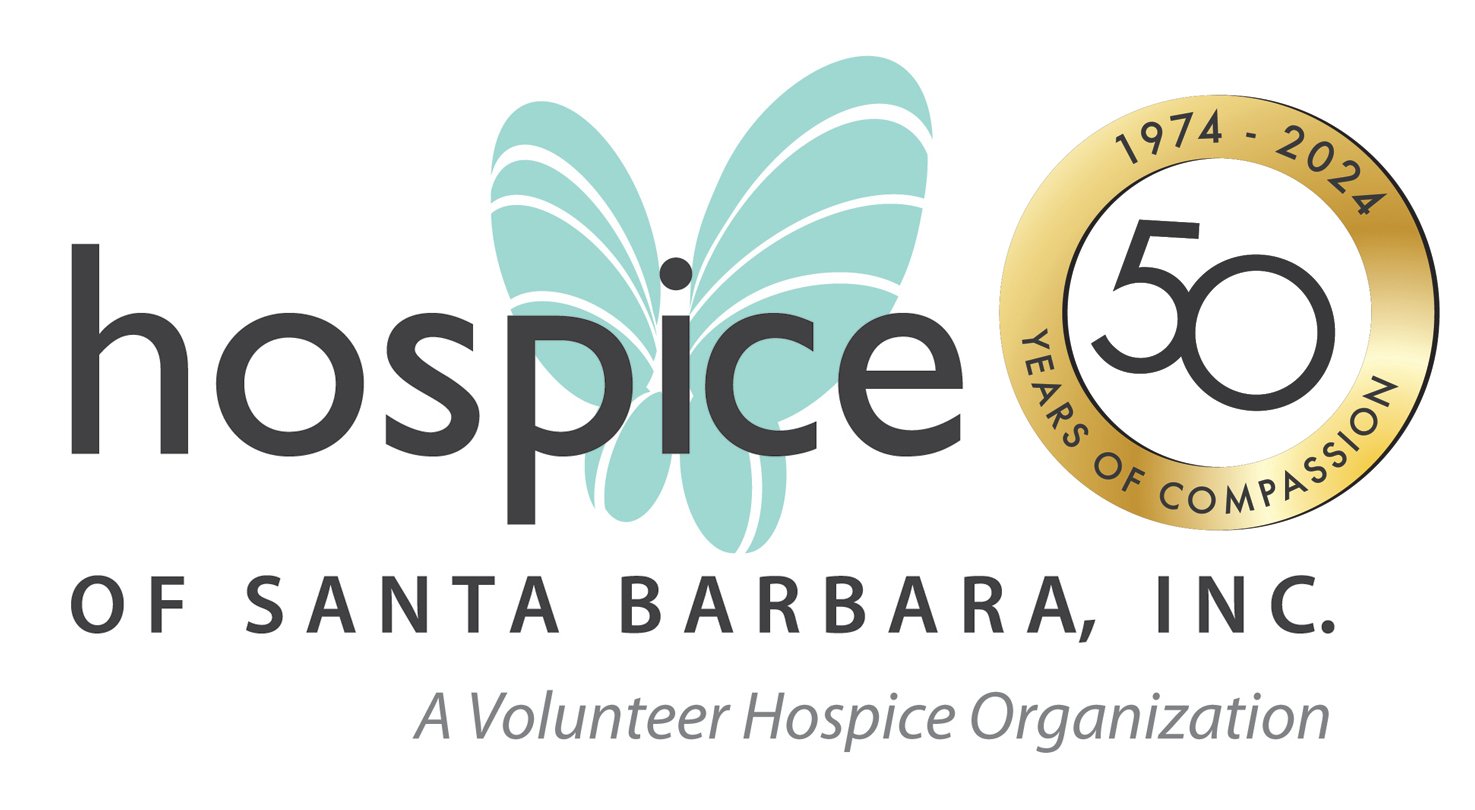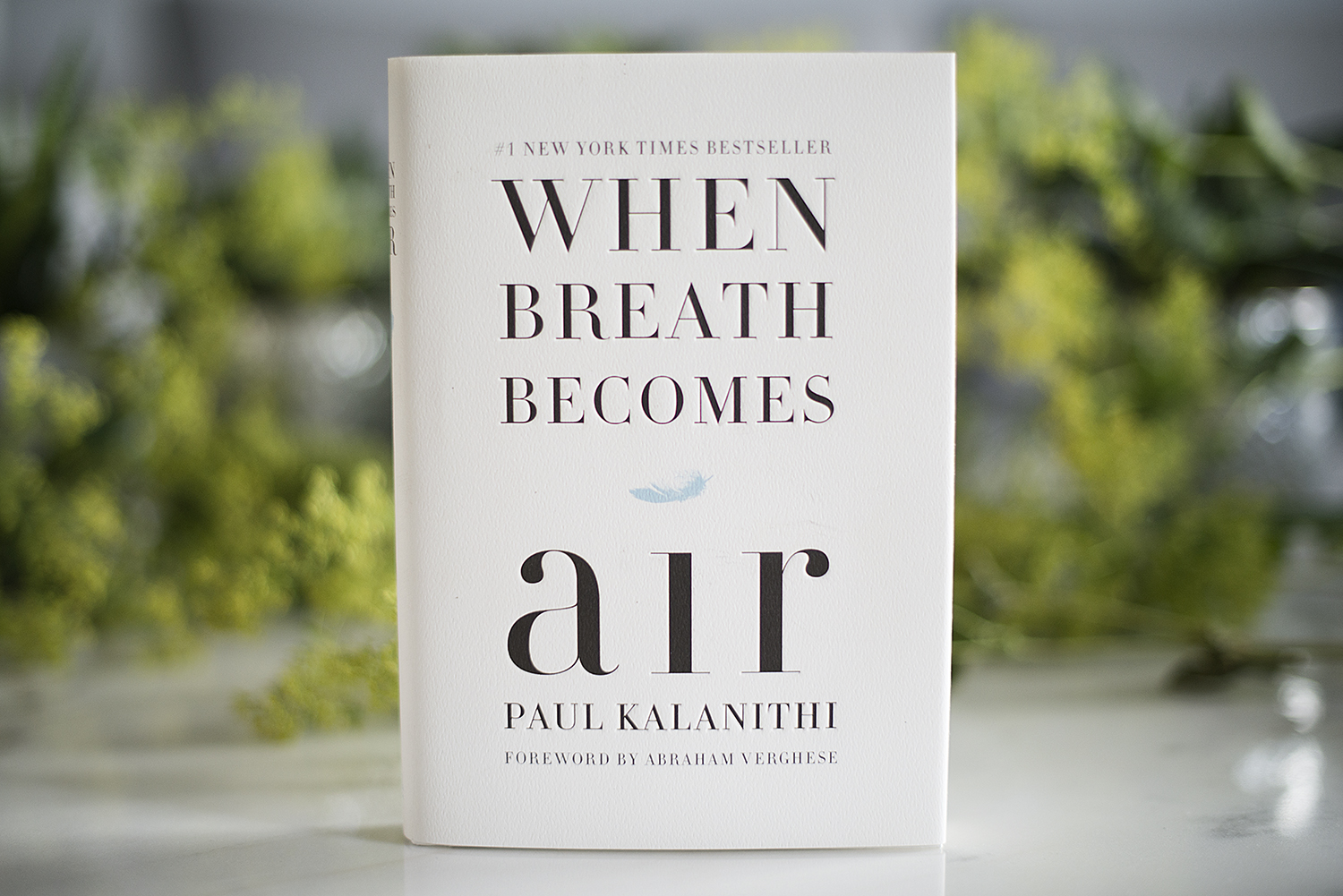He was born in a Christian family originating in India. Paul Kalanithi could not have imagined his short life, nor the significance of it! It is not hard for me to draw that conclusion, for he lived and died spectacularly (1997-2015, 38 years).
The words of Michel de Montaigne (“That to Study Philosophy Is to Learn to Die”) ring hauntingly close to Kalanithi’s essence and the naked truth of his seminal book (WHEN BREATH BECOMES AIR, Random House: NY, 2016). Montaigne said: “If I were a writer of books, I would compile a register, with a comment, of the various deaths of men: he who should teach men to die would at the same time teach them to live.”
Kalanithi was altogether focused on the burning question: What makes life worth living in the face of death? As he faced his own mortality with Stage 4 lung cancer that had metastasized, a more specific query surfaced for him, “what, given that all organisms die, makes a virtuous and meaningful life.” As a neurosurgeon, he wondered whether the brain, which he determined to be the most critical place for understanding human identity, might provide some clues.
Since I occasionally lead a group at Hospice of Santa Barbara called “Men’s Grief and Spirituality,” I sought to take note of Kalanithi’s observations and experiences about life and death as a MAN, even though androcentrism was not the central slant of the book. Yet his story provides a window into a man’s journey wrestling with anticipatory grief - his own, and his struggles with identity as a husband and father, within the whirlpool of human and masculine fragmentation in the form of chaotic feelings and ambitions, fading in some ways, ascending and exalted in other ways or in other moments. At least that is what I saw in his memoir.
A significant decision that Kalanithi made, along with his wife and fellow physician Lucy, was to bring a child into the world with the realization that his illness was terminal. For him, since “human relationality formed the bedrock of meaning,” adding a child added another dimension to that meaning. As a man, Paul wanted to be a dad. As he put it: “We decided to have a child. We would carry on living, instead of dying.” Paul and Lucy chose the route of reproductive endocrinology.
Another momentous decision was to return to the OR as a neurosurgeon in the midst of dying. “Because that’s who I was,” Paul declared, “because I would have to learn to live in a different way, seeing death as an imposing itinerant visitor but knowing that even if I am dying, until I actually die, I am still living.” A very human drive, and therefore a male one too. We are reminded again that life is a special gift, and we are here for a special purpose, and for such a short time, every single one of us. We are each special, not only Paul Kalanithi.
“You that seek what life is in death,
Now find it air that once was breath.
New names unknown, old names gone:
Till time and bodies, but souls none.
Reader! Then make time, while you be,
But steps to your eternity.”
-Baron Brooke Fulke Greville, “Caelica 83”
Paul Kalanithi graduated from Stanford University with three degrees in English Literature and human biology, subsequently a master’s degree from the University of Cambridge in the history and philosophy of science and medicine, and the Yale University School of Medicine, to be followed by a return to Stanford to complete his residency in neurological surgery and postdoctoral fellowship in neuroscience.
Nelson Hayashida has served as a Spiritual Care Counselor at HSB since June 2015. He moved to Santa Barbara from Pennsylvania in 2014 to take up the position of Visiting Professor of Religious Studies at Westmont College. He completed a yearlong residency in Clinical Pastoral Education (C.P.E.) at Stanford University Medical Center/Palo Alto Veterans Administration Healthcare System in Palo Alto and another yearlong residency in C.P.E. at Albert Einstein Medical Center in Philadelphia. He has had an enduring fascination with dreams and visions and their religious or spiritual implications for healing and growth.

